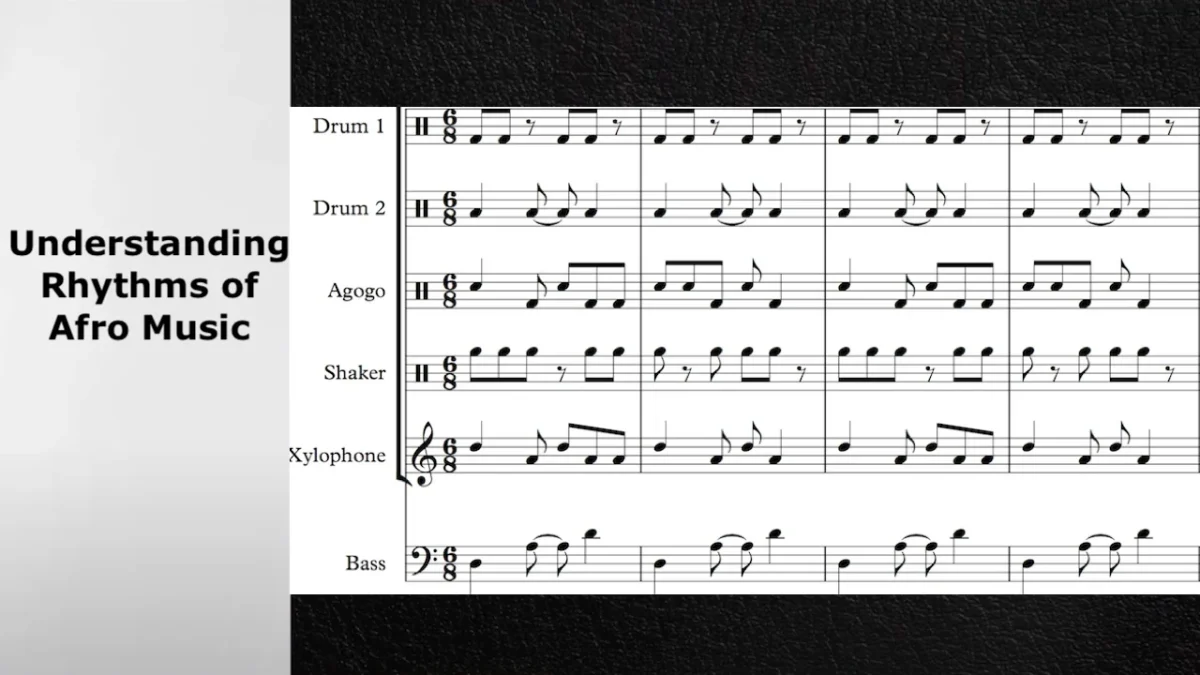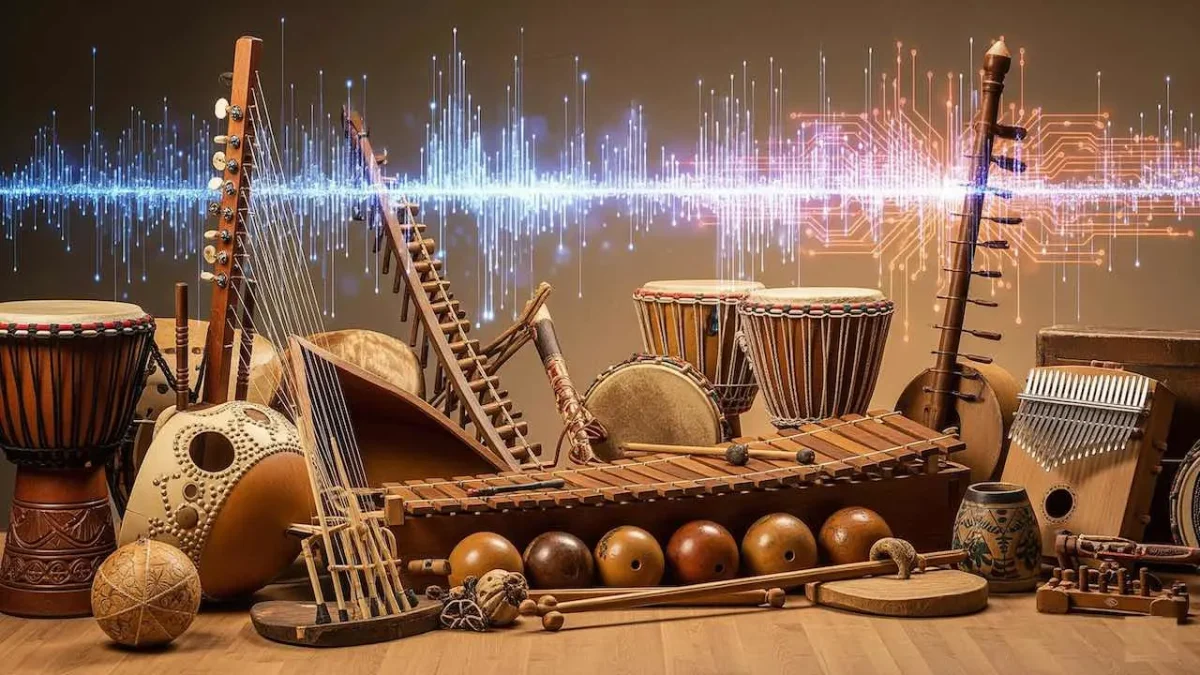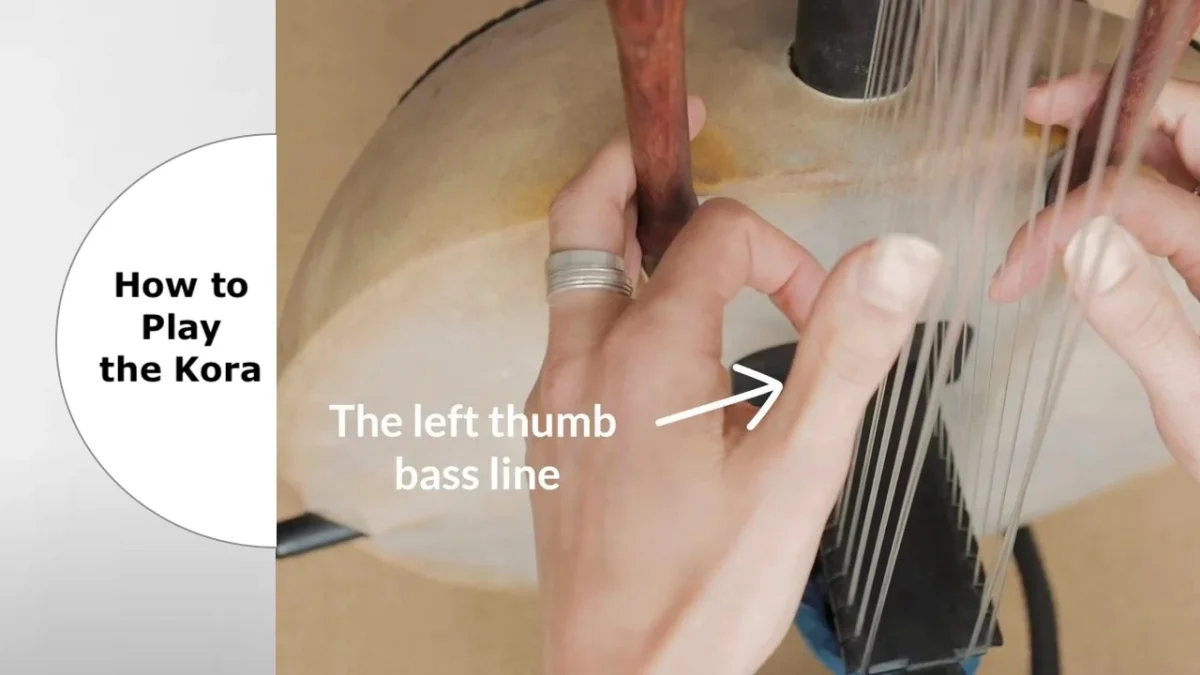
Why Learning African Music Feels Difficult (And How to Fix It)
Learning African music feels difficult because traditional Western notation systems fail to capture complex polyrhythmic patterns, cultural context gets lost in academic settings, and most educational resources lack authentic teaching methods rooted in African musical traditions.
The Core Problem: Western Musical Framework Limitations
Standard Western notation cannot represent African musical complexity accurately. African music operates on polyrhythmic foundations that require multiple time signatures simultaneously, something Western staff notation struggles to convey effectively.
Most music education programs teach African music through Western theoretical frameworks. This approach strips away the cultural soul and communal essence that makes African music meaningful and accessible to its originators.
| Western Approach | African Traditional Method | Learning Impact |
|---|---|---|
| Written notation first | Oral transmission and imitation | Faster rhythmic comprehension |
| Individual practice focus | Group learning and call-response | Better community connection |
| Theoretical understanding | Physical movement integration | Natural body rhythm development |
Why Learning African Music Feels Overwhelming for Beginners
Beginners struggle with African music because they lack exposure to its foundational elements. Complex cross-rhythms and syncopated patterns feel foreign when your musical foundation comes from simple 4/4 time signatures.
Additionally, most learners approach African music without understanding its cultural significance. Music serves different purposes across African communities, from ceremonial functions to social commentary, making context essential for proper interpretation.
Polyrhythmic Complexity Creates Mental Barriers
African music features multiple rhythmic layers playing simultaneously. Your brain struggles to process these overlapping patterns when trained on Western musical structures that emphasize single melodic lines and predictable rhythmic patterns.
- Multiple percussion instruments create interlocking rhythms
- Call and response patterns require active listening skills
- Improvisation demands confidence and cultural understanding
- Vocal techniques like ululation need specialized training
- Dance integration requires coordination beyond typical music lessons
How Cultural Disconnect Makes African Music Learning Harder
African music education requires cultural immersion, not just technical instruction. When students learn African music in isolation from its cultural context, they miss the communicative and spiritual elements that give the music its power and meaning.
Language barriers compound learning difficulties. Many African musical concepts have no direct English translations, making instruction through Western educational models inadequate for authentic understanding.
The Missing Community Element
African music traditions emphasize community participation over individual performance. Modern music education isolates students, removing the social dynamics that make African music accessible and enjoyable for practitioners.
Traditional African music learning happens through observation, participation, and gradual skill building within community settings. Classroom environments cannot replicate these organic learning conditions effectively.
| Learning Challenge | Traditional Solution | Modern Adaptation |
|---|---|---|
| Rhythm complexity | Body movement integration | Dance-based music classes |
| Cultural context | Elder storytelling | Cultural history integration |
| Community aspect | Group participation | Ensemble-focused learning |
Practical Solutions for Learning African Music Effectively
Start with movement and physical engagement before attempting to read notation. Your body understands rhythm naturally when you connect music to physical expression through clapping, stepping, and dancing.
Focus on one regional style at a time rather than trying to learn “African music” broadly. Each region has distinct musical characteristics that require dedicated attention and cultural understanding.
Build Foundation Through Authentic Methods
Use call and response techniques to develop listening skills and rhythmic accuracy. This traditional teaching method builds musical confidence while creating the interactive element essential to African musical traditions.
- Start with simple clapping patterns before adding instruments
- Learn traditional songs with their cultural stories and meanings
- Practice with recorded authentic performances as your guide
- Join community groups focused on specific African musical traditions
- Study with teachers who have direct cultural connections to the music
Technology Solutions for Modern African Music Learning
Digital platforms like Mp3Juice.africa provide access to authentic African musical recordings and educational resources. Hearing authentic performances trains your ear better than written notation alone.
Modern learning apps can slow down complex rhythms without changing pitch, allowing you to practice intricate polyrhythmic patterns at manageable speeds. However, technology should supplement, not replace, community-based learning experiences.
Creating Supportive Learning Environments
Successful African music learning requires patient, encouraging environments where mistakes become learning opportunities. Traditional African music education emphasizes gradual skill development through repetition and community support.
Connect with local African cultural organizations that offer music programs. These groups provide authentic cultural context and community support that academic institutions often cannot match.
Overcoming Mental Blocks in African Music Education
Release perfectionism and embrace the learning process as a cultural journey, not just skill acquisition. African musical traditions value participation over perfection, making the learning environment naturally supportive for beginners.
Accept that African music learning requires time and cultural understanding. Rush approaches fail because they skip the foundational cultural elements that make the music meaningful and accessible.
Developing Cultural Sensitivity While Learning
Approach African music with respect for its origins and significance within specific communities. Learning requires understanding the music’s role in ceremonies, celebrations, and social communication.
Study the historical and social contexts of different African musical traditions. This knowledge helps you interpret rhythms, melodies, and vocal techniques within their proper cultural frameworks.
Building Progressive Learning Skills
Master basic percussion patterns before moving to melodic instruments. African music builds from rhythmic foundations, making percussion skills essential for understanding more complex musical elements.
Practice listening to multiple rhythmic layers simultaneously. Train your ear to separate and identify different percussion instruments within complex polyrhythmic arrangements.
| Skill Level | Focus Areas | Recommended Practice |
|---|---|---|
| Beginner | Basic rhythms and clapping | 30 minutes daily rhythm practice |
| Intermediate | Instrument techniques and songs | Cultural context study plus practice |
| Advanced | Improvisation and teaching others | Community performance participation |
People Also Ask About Learning African Music
African music uses complex polyrhythmic structures that Western notation systems cannot accurately represent. Multiple rhythmic layers play simultaneously, requiring different listening and coordination skills than Western musical traditions develop.
Yes, but cultural understanding enhances learning significantly. Studying the social, historical, and spiritual contexts of African musical traditions helps you interpret rhythms and melodies with greater authenticity and meaning.
Kalimba (thumb piano) and simple percussion instruments like shakers offer accessible starting points. These instruments allow you to focus on rhythm development without complex fingering techniques.
Basic African rhythmic patterns can be learned within 3-6 months with regular practice. However, mastering complex polyrhythmic arrangements and developing improvisation skills typically requires 2-3 years of dedicated study.
While helpful, speaking African languages is not required for learning African music. However, understanding basic phonetic patterns and cultural meanings of songs enhances your performance authenticity and emotional connection to the music.
Authentic recordings, cultural documentaries, and community workshops provide better theoretical understanding than Western academic texts. Platforms like learning to play afro music offer structured educational approaches.
Online courses supplement but cannot replace traditional teachers who provide cultural context, personalized feedback, and community connection essential for authentic African music education.
Learning African music requires patience, cultural respect, and willingness to engage with unfamiliar musical concepts. Start with authentic resources, focus on rhythmic foundations, and seek community connections to support your musical journey.
Remember that African musical traditions emphasize participation and gradual skill building within supportive community environments. Embrace the learning process as a cultural exploration rather than just technical skill acquisition.



